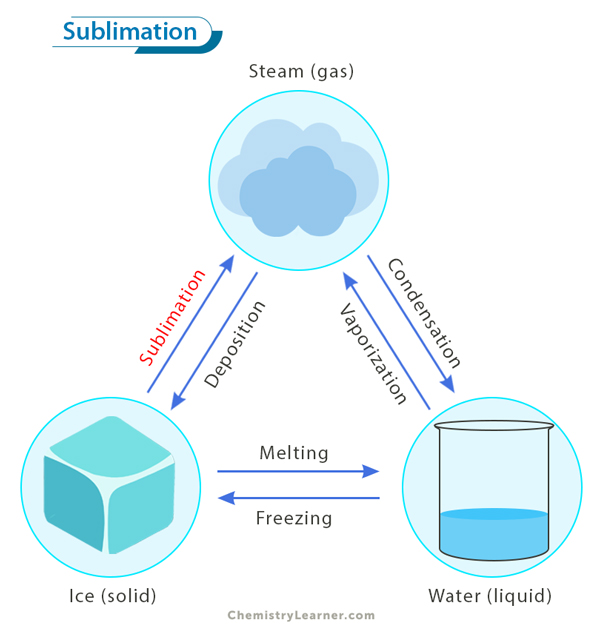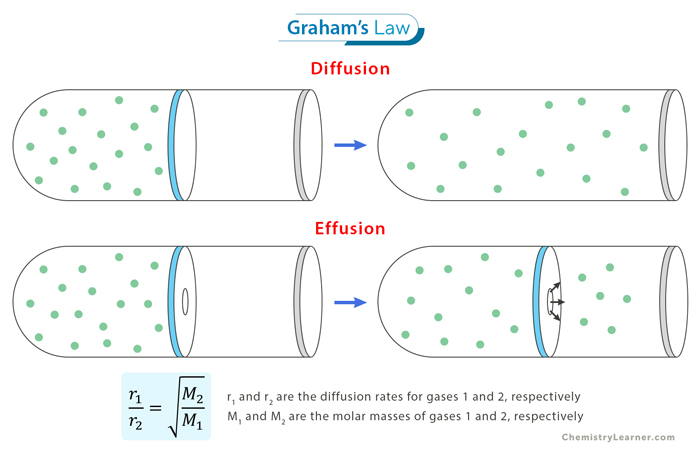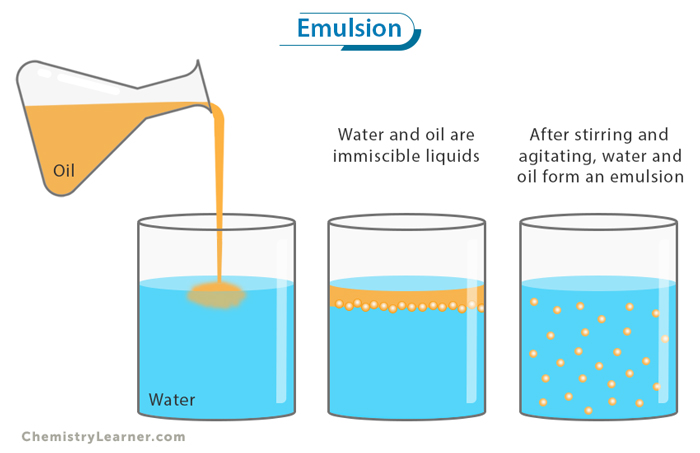Chemical Properties
The chemical property is a feature of a substance undergoing a chemical change or reaction. The substance changes its composition during a chemical change and establishes a new identity. For example, iron combines with oxygen and water vapor in the atmosphere to form hydrated iron (III) oxide, an entirely new substance we know as rust. Therefore, rusting is a chemical property unique to iron [1-4].
Unlike physical property, the chemical property cannot be determined by observing or touching. The structure of the substance must be altered. Old bonds must be broken, and new bonds must be formed.
By studying chemical properties, scientists can classify compounds and predict their behavior, reactions, and uses. They can separate a substance from other substances and purify it.
Examples of Chemical Properties [1-4]
1. Reactivity – The ability of a substance to react with other substances. It determines how likely the substance will undergo a chemical reaction and how quickly it will react. Some elements are more reactive than others, which can be studied from the reactivity series.
2. Toxicity – The dangers of a substance to the health of living organisms and the environment. Matter releases toxic substances through chemical reactions.
3. Flammability – How readily a substance ignites or combusts. It also measures how well a substance can sustain fire.
4. Oxidation state – The measure of the loss of electrons or oxidation. It can only be determined when an element undergoes a chemical reaction.
5. Chemical stability – The ability of a substance to attain chemical equilibrium with its environment after a reaction. Equilibrium implies that the substance is at its lowest energy state.
Other chemical properties include heat of combustion, enthalpy of formation, electronegativity, solubility, toxicity, acidity, and basicity.
FAQs
Ans. The number of electrons in the outermost shell determines the chemical properties of an atom.
Ans. No, density is not a chemical property. It is a physical property.
Ans. No, the boiling point is not a chemical property. It is a physical property.
Ans. No, melting point is not a chemical property. It is a physical property.
Ans. Radioactivity is not a chemical property as it involves breaking apart and fusing nuclei. It is a nuclear property.





